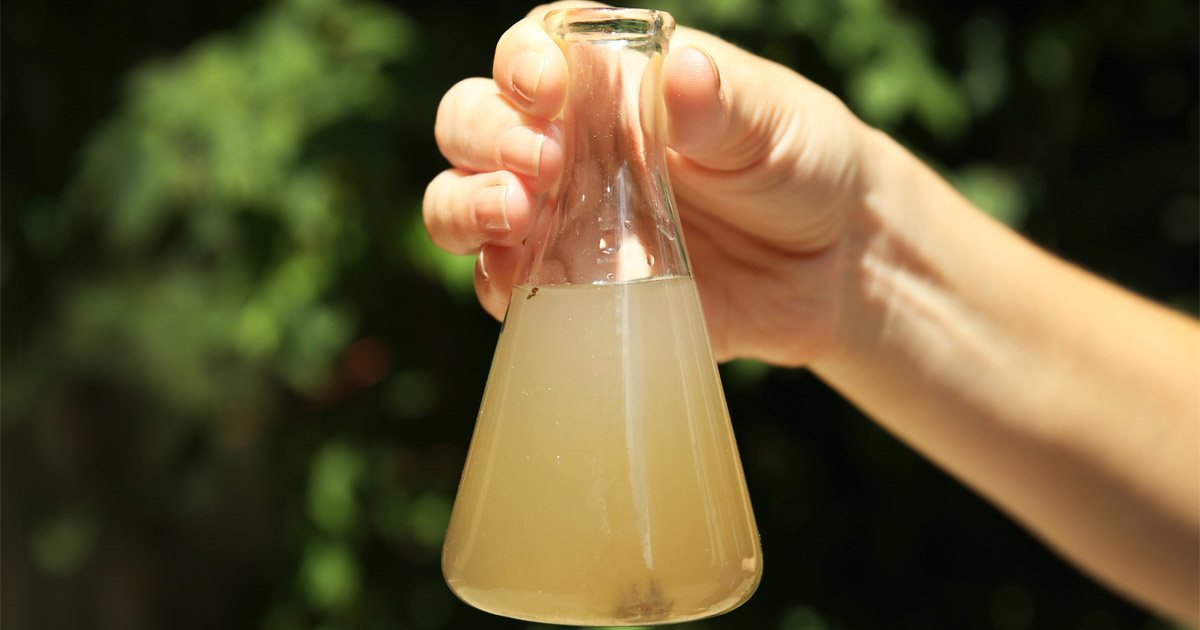MENU
- Home
- Overview
- Attorneys
- Practice Areas
- Firm News
- Blog
- Contact

Exposure to certain chemicals used in common household items may be to blame for why some women experience early menopause. Per-and polyfluoroalkyl substances (PFAS) may present serious consequences, including ovarian aging.
A 17-year study examined 1,120 women in their 40s and 50s and determined that those with higher PFAS in their blood were likely to enter menopause two years earlier than those with lower levels.
The Study of Women’s Health Across the Nation (SWAN), which was published in early June in the Endocrine Society’s Journal of Clinical Endocrinology & Metabolism, used chemical analysis of blood samples that showed that natural menopause occurred at 52.8 years in the women whose tests revealed high serum levels of PFAS in their blood, while women with lower levels experienced menopause at 50.8 years. Researchers intentionally excluded women with premature or early menopause, defined as occurring before the ages of 40 years old and 45 years old, respectively.
Women who go through early menopause may be at risk of certain health issues. Researchers have linked early menopause to cardiovascular conditions and bone issues. Early menopause may also affect health more generally, including some quality of life issues and overall mortality.
PFAS include thousands of chemicals that have been in use for about 70 years in such products as non-stick cookware, water-repellent materials, stain-resistant carpets, and fire-fighting foam. Shockingly, the toxins can also be found in cosmetics and food products, like microwave popcorn bags.
Scientists, doctors, and environmentalist refer to PFAS as “forever chemicals” because they do not breakdown in the environment or in the human body. This means that repeated exposures have a cumulative effect as toxins buildup to the point that they may interfere with hormone regulation.
These widely produced chemicals are present in items people use every day. However, the main unseen exposures include contaminated drinking water, agricultural products produced on contaminated lands, and food packages made from the synthetic chemicals.
Many companies that use PFAS in consumer products and industrial applications have been found guilty of negligently disposing of PFAS that poison the environment, leading to water contamination.
Accumulation of these chemicals in the ground and water sources leads to the contamination of drinking water and food products, like animals and produce.
Manufacturers of consumer and industrial products that contain PFAS have been found responsible for improper disposal of industrial waste. In addition, local waste water treatment plants and military bases are known sources of contamination as well.
People should know about the dangers presented when manufacturers and others use PFAS in their products and when company disposal practices threaten environmental contamination. Public health advocates should support education about the hidden dangers of PFAS in water and soil.
Additionally, the companies that negligently handle disposal practices of PFAS should be held legally liable for the negative health outcomes that result.
People cannot live without water. Clean drinking water is a necessity. If you have developed negative health effects due to contaminated drinking water, you should speak with one of our Delaware environmental lawyers at Jacobs & Crumplar, P.A. today. Complete our online form or call us at 302-656-5445 for a free consultation. Located in Wilmington and Millsboro, Delaware, we serve clients throughout Dover, New Castle County, and Sussex County.